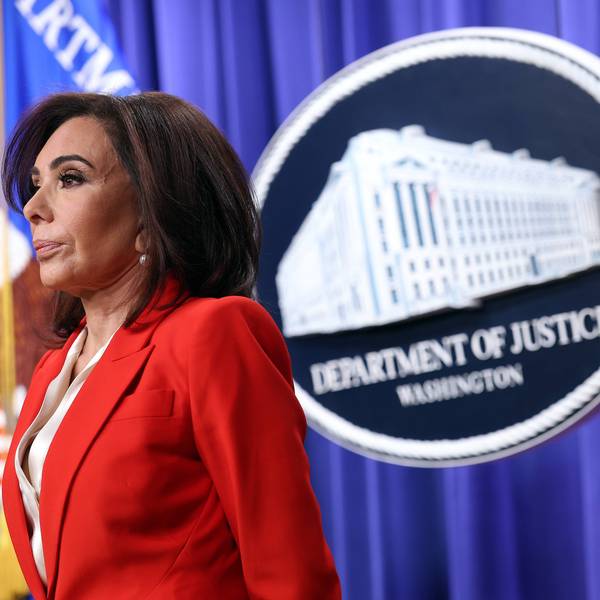The release of a list of more than four dozen topics that Special Counsel Robert Mueller may question President Donald Trump about was the result of a testy meeting between the special counsel and the president's lawyers, where Mueller reportedly floated the possibility of issuing a subpoena to Trump.
According to the Washington Post and four sources with knowledge of the discussion, Mueller brought up the option of a subpoena on March 5, after John Dowd--who has since resigned from Trump's legal team--and Jay Sekulow said Trump had no obligation to speak to federal prosecutors.
After Dowd angrily told Mueller that he was "screwing with the work of the president of the United States," the special counsel's team agreed to provide a list of the subjects the investigators wanted to speak to the president about.
The questions Trump can expect from a meeting with Mueller focus on his relationship with and decision to fire former FBI Director James Comey, his attacks on Attorney General Jeff Sessions and his statements about the Justice Department's supposed obligation to "protect" the president, and his campaign's contacts and coordination with Russia, among other matters.
The president has shown increasing reluctance regarding a meeting with federal prosecutors, repeatedly denouncing the Mueller investigation as a "witch hunt"--leading some lawmakers to call for a subpoena.
A presidential subpoena could result in a Supreme Court case, if Trump's legal team argues that executive privilege protects him from having to answer questions about his private dealings and that the Mueller probe is affecting his ability to serve as president.
But former federal prosecutor Renato Mariotti says Trump's case would likely appear weak before the nation's top justices.
And as prosecutor Joyce Vance explained to MSNBC's Rachel Maddow on Tuesday night, if Mueller raised the issue of a subpoena with Trump's legal team, it's likely he had already done so with Deputy Attorney General Rod Rosenstein at the Justice Department.
"Prosecutors," Vance said, "never threaten to take an action they can't take."




